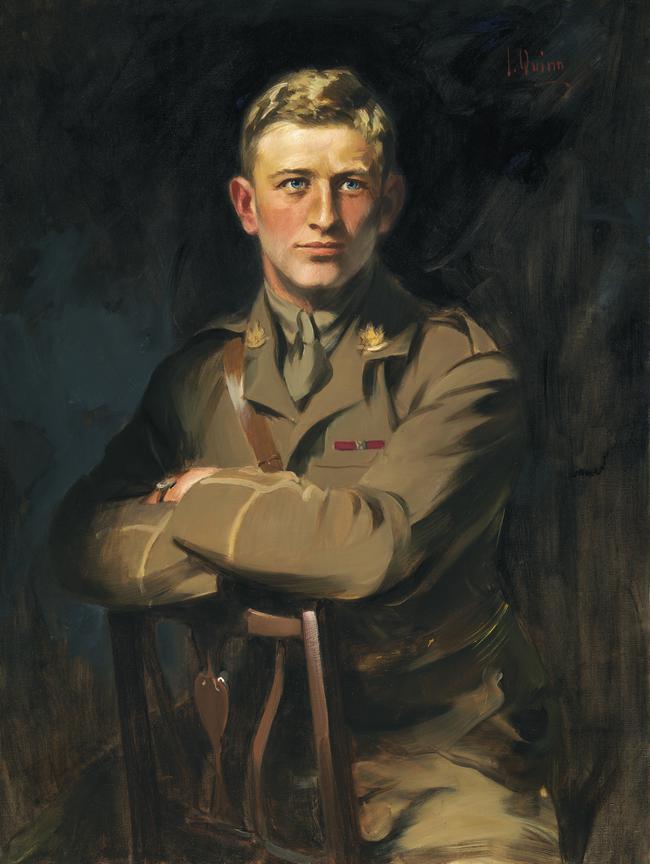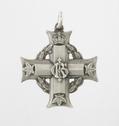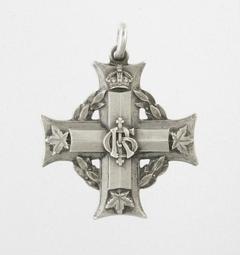Unit
2nd Canadian Infantry Battalion (Eastern Ontario)
Branch
Infantry
Service Component
Canadian Expeditionary Force
Service Number
22893
birth
1894/02/22
Quebec City, Quebec, Canada
death
1917/08/19
France
grave
Nœux-les-Mines Communal Cemetery, France
Gender
Male
Okill Massey Learmonth was born in Québec City, Quebec, on 20 February 1894.
An employee of the Quebec Treasury Department, he enlisted in the 2nd Canadian Infantry Battalion (Eastern Ontario) at Valcartier Camp, in Quebec, on 29 September 1914. Learmonth embarked for Europe with the First Contingent of the Canadian Expeditionary Force on 3 October 1914. The Contingent trained on Salisbury Plain for four months before being shipped to France in February 1915. Soon after, the Canadians saw their first major action at the Second Battle of Ypres (22–25 April 1915).
On 4 June 1915, Learmonth was promoted to lance corporal. On 6 May 1916, he was promoted to corporal. A month later, on 13 June 1916, he was wounded in the hand by shrapnel and shipped to the Royal Free Hospital in England for treatment. While undergoing treatment, Learmonth was promoted to acting lieutenant. His wound was slow to heal, and this, coupled with his long service at the front — the strain of which had a noticeable impact on him — led a medical board to recommend, on 30 June 1916, that he be granted leave in Canada. Permission for this leave was duly granted, and on 5 July 1916, Learmonth sailed for Canada.
Learmonth returned to England on 28 September 1916 and was initially posted to the 12th Reserve Battalion, in Shorncliffe, before being transferred back to the 2nd Battalion in October. On 4 May 1917, he was promoted to temporary captain. Eleven days later, he was placed in command of a company and made acting major. On 14 August 1917, Learmonth received the Military Cross for his actions during the capture of the village of Fresnoy, France, in May 1917. On 18 August 1917, he was wounded in the right forearm and leg while defending a recently taken position at Hill 70 from a German counterattack. It is recorded that, despite being both under heavy fire and wounded, Learmonth stood on the parapet of the trench that he and his men were defending, caught grenades being thrown by the attacking Germans and threw them back. When he was unable to continue fighting due to his wounds, he still refused to be carried out of the line. Rather, he gave instructions and advice to his junior officers. Learmonth was finally evacuated to No. 7 Casualty Clearing Station, where he died from his injuries the next day. For his actions at Hill 70, Learmonth was posthumously awarded the Victoria Cross.
Okill Massey Learmonth is buried in Nœux-les-Mines Communal Cemetery, in France.
Victoria Cross
“For most conspicuous bravery and exceptional devotion to duty. During a determined counter-attack on our new positions, this officer, when his company was momentarily surprised, instantly charged and personally disposed of the attackers. Later, he carried on a tremendous fight with the advancing enemy. Although under intense barrage fire and mortally wounded, he stood on the parapet of the trench, bombed the enemy continuously and directed the defence in such a manner as to infuse a spirit of utmost resistance into his men. On several occasions this very brave officer actually caught bombs thrown at him by the enemy and threw them back. When he was unable by reason of his wounds to carry on the fight he still refused to be carried out of the line, and continued to give instructions and invaluable advice to his junior officers, finally handing over all his duties before he was evacuated from the front line to the hospital where he died.”
– London Gazette, 6 November 1917, Supplement 30372
Military Cross
"For conspicuous gallantry and devotion to duty. Finding himself the senior officer of his battalion present after reaching the final objective of an attack, he showed great skill in handling the situation, directing the consolidation and making daring personal reconnaissances under heavy fire. His resource and coolness were responsible for repulsing a strong counter-attack, and he set a splendid example throughout.”
– London Gazette, 14 August 1917, Supplement 30234




